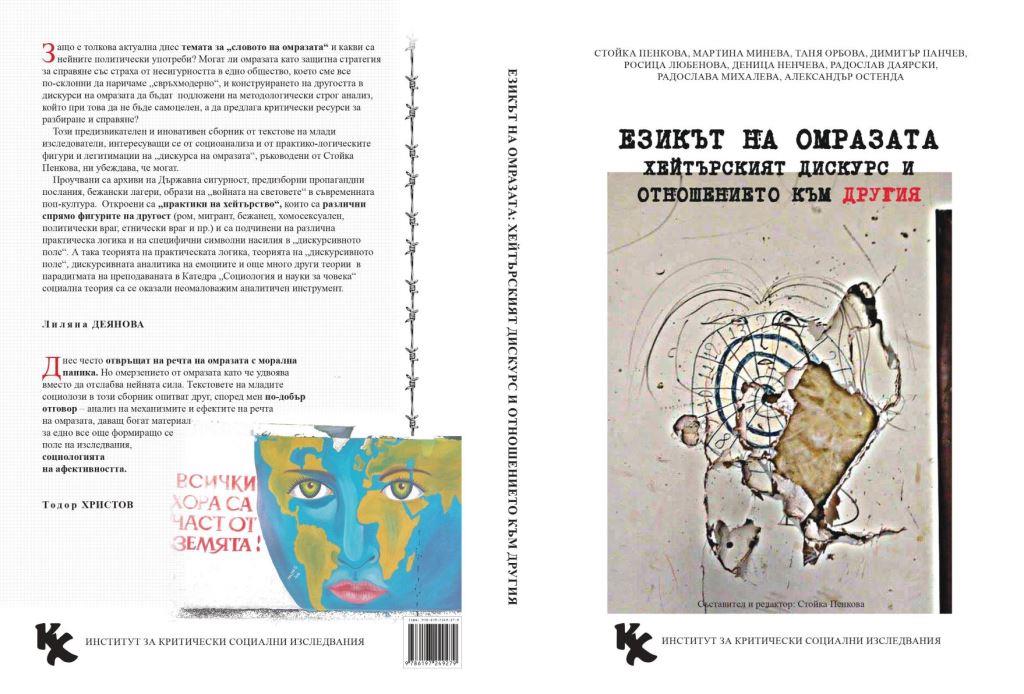Хетеротопологичен поглед над бежанския лагер в град Харманли
A Heterotopological Look at the Refugee Camp in the Town of Harmanli
Author(s): Radoslava Mihaleva
Subject(s): Social Sciences, Sociology, Social differentiation, Ethnic Minorities Studies
Published by: Пловдивски университет »Паисий Хилендарски«
Keywords: refugees; Otherness; heterotopology; camp; identity
Summary/Abstract: In her The Human Condition, Hannah Arendt presents to us facts from Antiquity, as well as the quality of life in Ancient Greece, when the settlements were divided into Polis and Oikos. The Polis was the tribune of the free man. Participation in the Polis was reserved only for men, and particularly to those deemed healthy (mentally and physically) and who were neither foreigners nor immigrants. Conversely, the Oikos was the equivalent of private space. It involved women, children, the mentally and physically unfit, the slaves and people who were expected to be “at the doorstep” of their death. As in the Polis, the owner of the home had the right to make orders. Here the border between the two spaces is clearly drawn. In our ultramodern and all-developed society, the spaces are also divided into private and public ones. As reflexive beings, we can notice that the line that separates them is very fuzzy and unresistingly allows the “Public Eye” increasingly close to the locks on our doors. What is left for us if we cannot be ourselves even at home? The refugee’s life is cut from the basic human right to have personal possessions, to have a personal home and be oneself. In his text „Of Other Spaces” Foucault introduces us to places that are beyond these two divisions, which have a special function in themselves. In this article, the camp is one space of exception, with its own specific rules or prohibitions.
Book: Езикът на омразата : Хейтърският дискурс и отношението към другия
- Page Range: 206-224
- Page Count: 19
- Publication Year: 2018
- Language: Bulgarian
- Content File-PDF

